Nephrology Diseases Treatment in Hyderabad
Kidney Failure Treatment in Hyderabad
The conditions addressed by the Institute of Nephrology include:
- Chronic kidney disease & chronic kidney failure: Long-standing diseases of kidney results in slow, irreversible damage to kidneys and deterioration of kidney function. In early stages, the signs are less apparent. As the disease progresses to further stages, the kidney functions decline and symptoms become more prominent. Early diagnosis and treatment of kidney diseases is thus important. Institute of Nephrology is well equipped for the necessary blood tests, urine tests, imaging tests and biopsies for chronic kidney disease, also known as renal parenchymal disease. Treatment for CKD includes medications, dialysis and kidney transplants in the end-stage CKD and chronic kidney failure.
- Acute kidney injury & acute renal failure: Acute kidney injury (AKI) is commonly seen in hospitalized patients, especially in critically ill patients. The institute provides critical care with leading practicing nephrologists for mild, moderate and severe acute kidney injury. AKI is associated with rapid (within hours or days) decrease in renal excretion and accumulation of creatinine and toxic wastes (accelerated decline in kidney function). Our nephrologists focus to identify the injury before it culminates into acute renal failure. Patients may require renal replacement therapy in both the cases. It is important to stop the progress of acute renal failure from progressing to chronic kidney disease.
- Recurrent kidney stones: Kidney stones or renal calculi refer to the formation of a hard, crystalline mineral material within the kidney or urinary tract. Half of the patients with recurrent kidney stones have excess calcium in the urine (hypercalciuria) or Hyperoxaluria & oxalosis.
- Kidney stones may be removed using extracorporeal shock wave lithotripsy (ESWL), percutaneous nephrolithotomy (PCNL) or open surgery. Depending upon the location of the stones, the condition is further termed as:
- Nephrolithiasis: stones are present in the kidney.
- Urolithiasis: stones are present in the bladder or urinary tract.
- Ureterolithiasis: stones are located in the ureters.
Nephrology Disease Treatment in Hyderabad
- Chronic/recurrent urinary tract infections: A threshold of 3 urinary tract infections (UTIs) is considered to be chronic/recurrent UTIs. Bacterial persistence or reinfection. Recurrent infections require additional treatment strategies other than infection control. Nephrologists at the Institute identify and treat the possible underlying factors such as diabetes mellitus, chronic renal insufficiency, urinary tract abnormalities or obstructions, or voiding dysfunction.
- Polycystic kidney disease& Simple kidney cysts: Non-cancerous, fluid-filled sacs that start growing small have the ability to grow large and affect the kidney function over a period of time. Many people with PKD have kidney failure by age 60. Based on the overall health status and underlying factors nephrologists choose across different treatment approaches which may or may not include kidney transplantation.
- Glomerular disease (glomerulonephritis) & Lupus nephritis: Damage to the kidneys as a result of immune response can result in glomerulaonephritis (inflammation & injury of glomeruli, the filtering units of kidneys) or lupus nephritis (inflammation of kidneys resulting from an autoimmune disease called as systemic lupus nephritis “SLE”).
- Nephropathy: Any damage to the kidneys to the small blood vessels and glomerulus and other components involved in filtering blood results in nephropathy. Some of the types of nephropathy include uric acid nephropathy & diabetic nephropathy. Nephrologists work closely with endocrinologists to understand and treat the disease.
- Pediatric kidney disorders: Nephrotic syndrome involves any damage to the blood vessels involved in filtering blood in kidneys. Commonly notice in children above age 3 years and in adults. Focal segmental glomerulosclerosis (FSGS) is the scarring in the small sections of glomerulus and responsible for nephrotic syndrome seen in children and adolescents.
- Hypertension: Sometimes, high BP may not relate to any causative factors (essential hypertension). But in many cases, abnormally high blood pressure may present secondarily, either due to malignancies (malignant hypertension), pregnancy, orthostatic causes (orthostatic hypertension), complication of post-transplant, primary aldosteronism, vascular changes in kidneys (renovascular hypertension).
- Renal cancers: Nephrologists work closely with the oncologists in the treatment of several renal cancers and tumors. Nephroblastoma or Wilms’ tumor typically occurs in children, rarely in adults.
- Renal transplants: Nephrologists play a major part in the multidisciplinary team for pre, peri and postoperative management of renal transplant patients.
- Medical emergencies like metabolic acidosis, poisoning, fluid and electrolyte imbalance, etc.
Health Blogs for Nephrology
FAQ’s
What is nephrology treatment?
Nephrology is a special medical practice that involves a nephrologist to diagnose, treat and manage kidney conditions and diseases such as kidney diseases, kidney stones, high blood pressure, kidney failure, fluid imbalance, and any systemic conditions that affect the kidneys.
What are the main treatments for kidney disease?
The treatments for kidney diseases depend on the stage of the disease, the patient’s age and health status, and the surgeon’s expertise and experience. Here are a few major treatment approaches a nephrologist takes to counter conditions: dialysis, kidney transplant, medication, comfort care, and major lifestyle changes.
What is the new treatment for kidney failure?
Kidney failure is a chronic condition and there are new treatments that can help reduce the risk of any life-threatening situations, including prevention from scarring of the kidneys or a treatment that reduces the risk of chronic kidney disease, and many more.


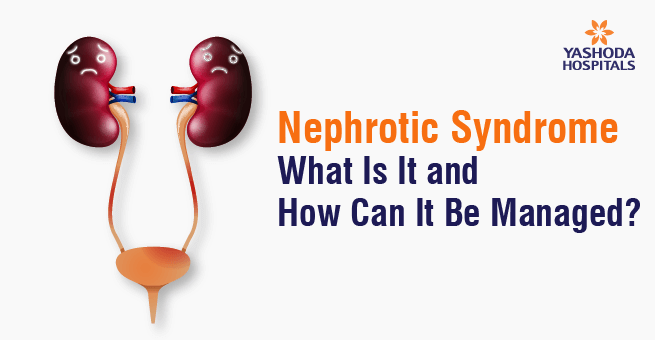
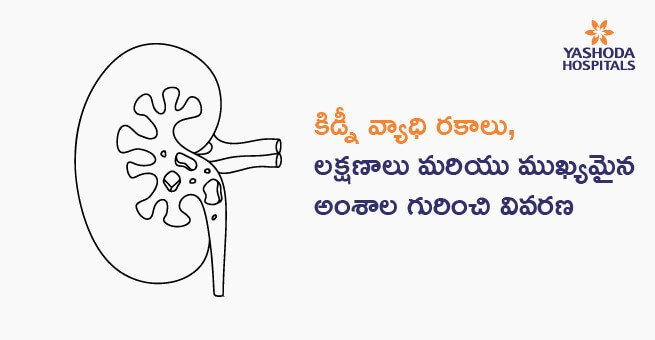

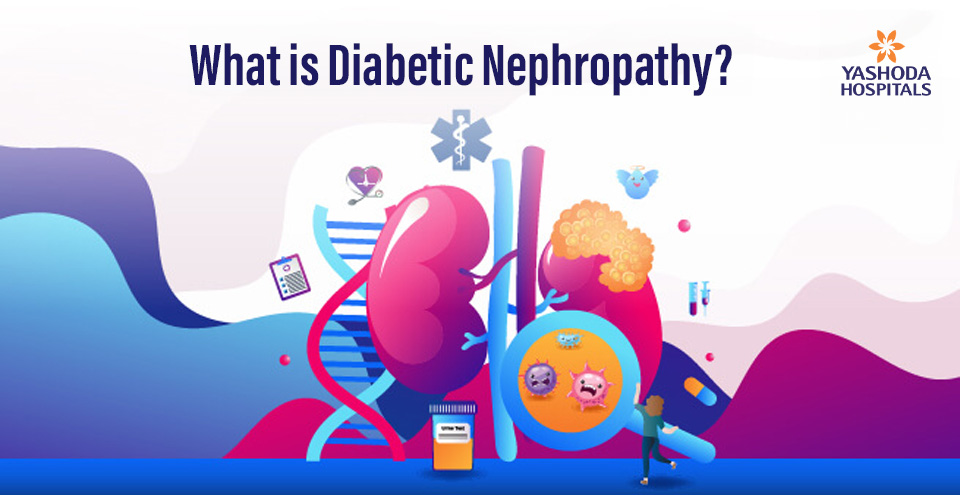
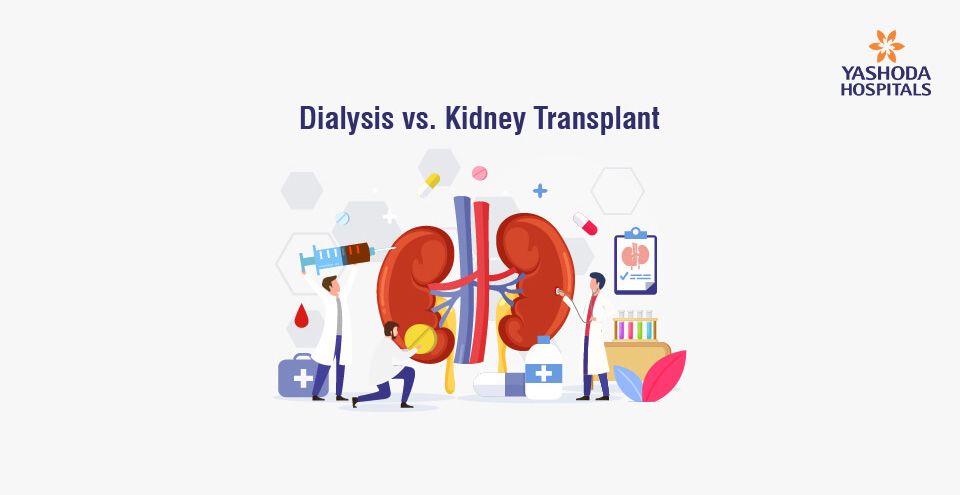
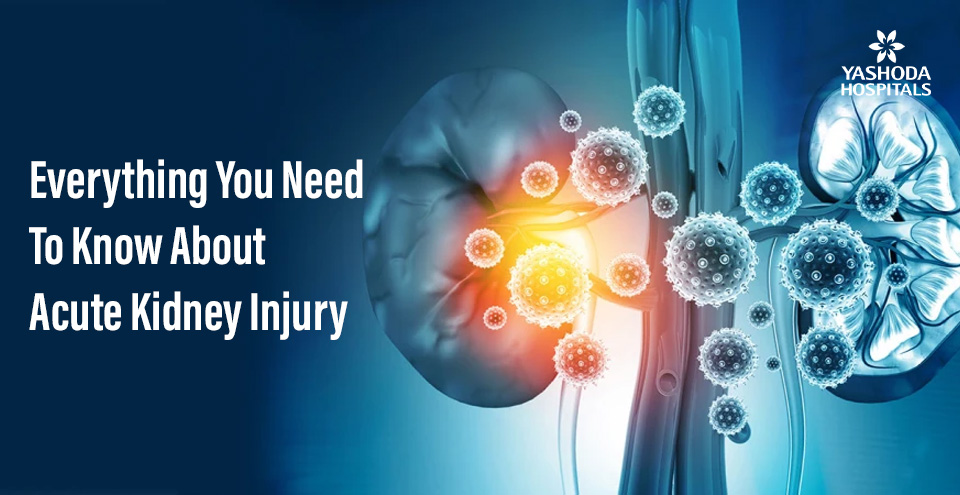
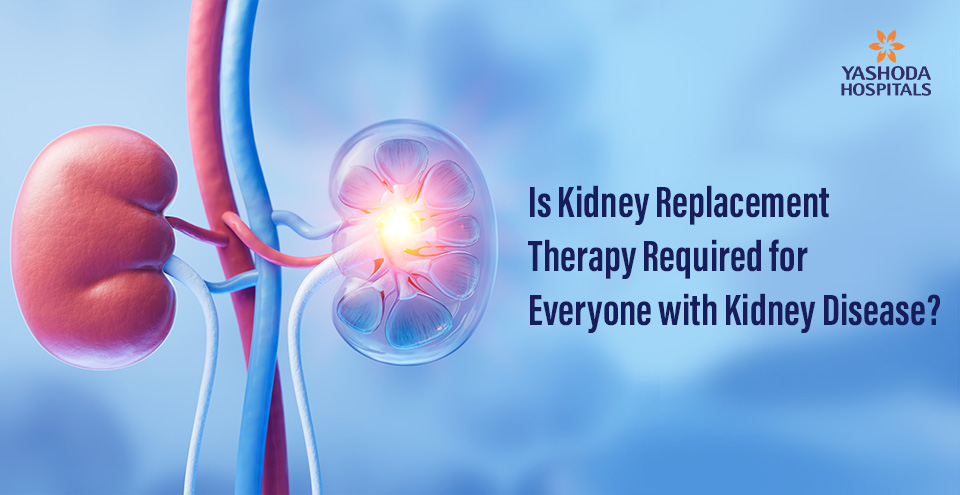

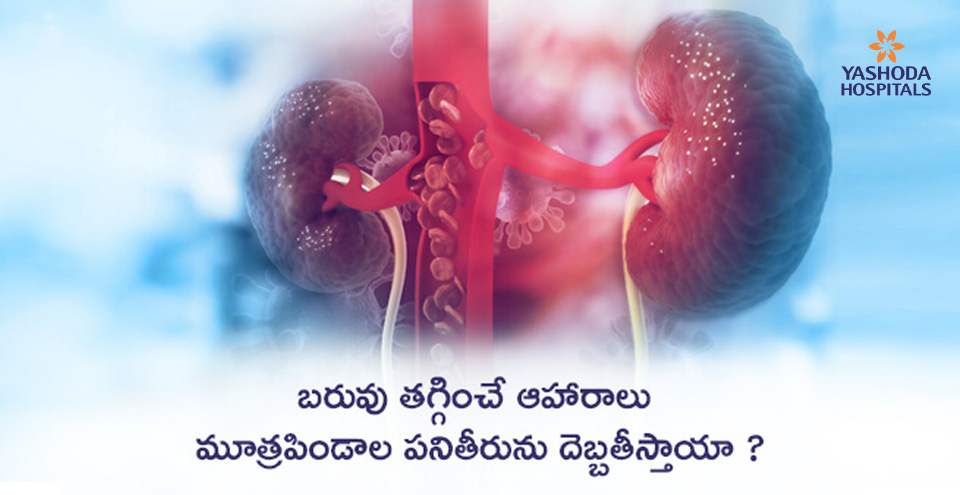
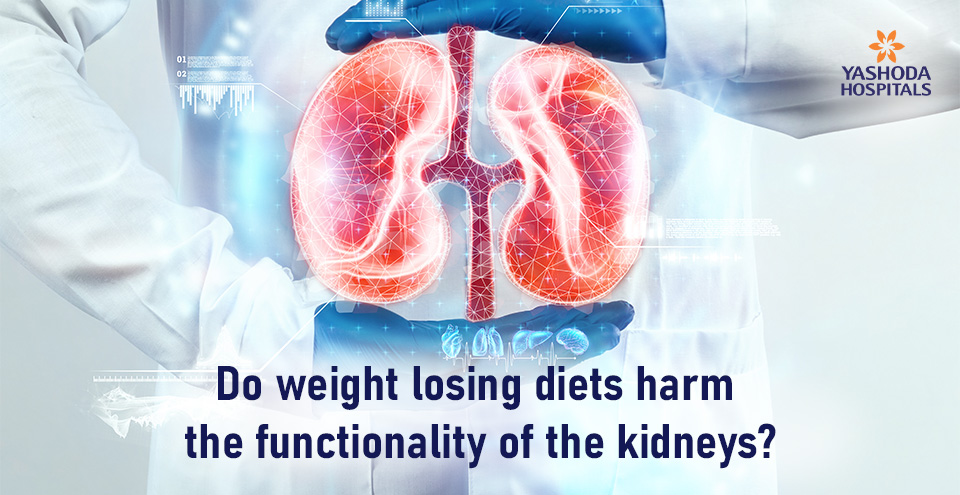
 Appointment
Appointment WhatsApp
WhatsApp Call
Call More
More

